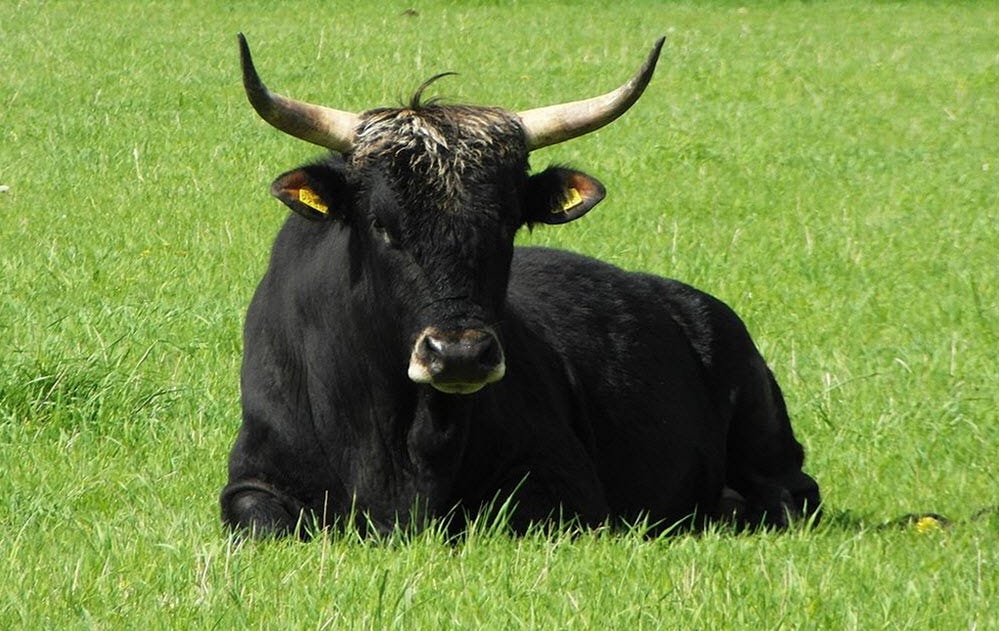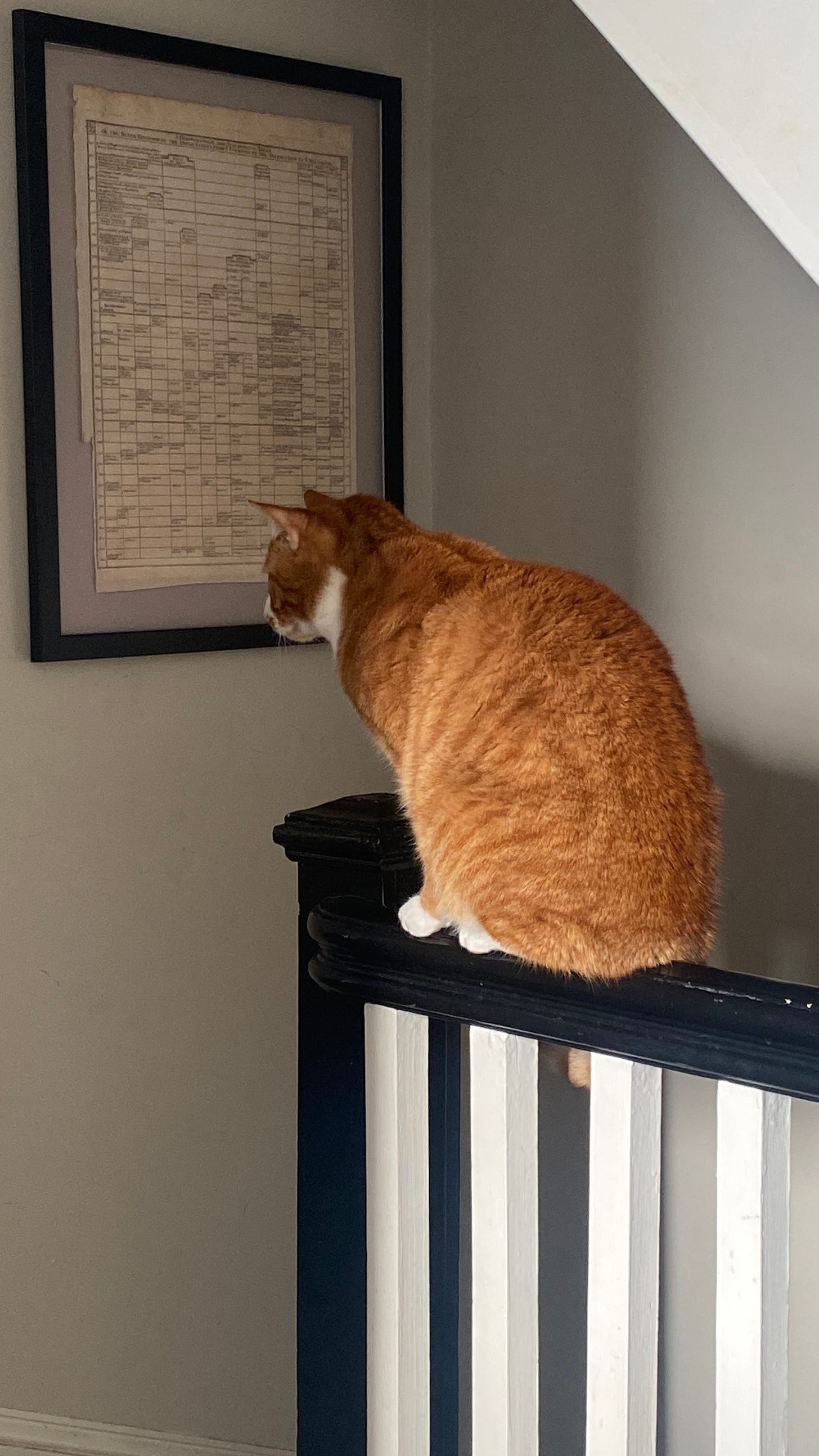Aurochs 2.0
Bless me father blah blah blah, it’s been too long since my last confession. Yeah, extenuating circumstances. Let’s start with the health update. Faithful readers of whatever this is will know that I finished my treatment in mid-September. My doctors told me I would be tired and not feel well and it would take some time to recover. For whatever reason, I did not believe them. Probably because I was still enjoying the benefits of steroids at the time.
But ow-y zow-y, they were right. The three weeks following finishing treatment I was an incontrovertibly torpid. I had to pretty much sleep (or try to) constantly and my muscles had none of that stuff in them that makes them go. And I was just, well, generally unwell. This started to get better last week sometime, I think, and now I feel, well, not normal, but better. Still got some shit going on, but, argh, I’m sick of talking about my health.
Let’s talk about something interesting instead. Did you know that the Dutch have bred enormous cattle to replace the aurochs in the ecosystem? (The bulls can be about 6 feet tall at the withers.) They are releasing a herd of them in the Scottish Highlands imminently. Aurochs went extinct in 1627, and not having a super-herbivore around has messed up the balance of the ecology in various ways. (I’m not sure they’re really called super-herbivores, I might have just made that up, but I like it). These new cattle are called Tauros and they were created by selective back-breeding of existing cattle types, not by some kind of Jurassic Park nonsense. They have them in a few places in Europe apparently, as well as, confusingly, an earlier variation called the Taurus. When can we get herbivorous megafauna cattle around here?
Though, at the moment, at least on the weekends, there would be no room for megafauna, because, it’s October in Salem! (That was a cheesy segue). They’re estimating 1.4 million human (non-cattle) tourists this year, I think. Something like that. Unlike many Salem residents who grumble about this assault on our space and municipal services, I get right into the thick of it, vending downtown in my stripey Keep Salem Odd tent. I’ve done 5 dates so far, with 5 to go. So far, so good, though you’d be surprised what sells, what tourists want to buy. It’s an interesting product-market fit challenge, to say the least.
Yes, it’s a somewhat crazy undertaking when I’m supposed to be resting (or whatever) but, you know, you’ve got to do some invigorating stuff while you can (13-hour days standing outside talking to tourists!) to keep you lively!
Other than that, work continues apace on my Salem Indie Business book project. I’m still doing a lot of background reading and research and thinking about structures. I know you’re all dying to know what my latest thoughts on note taking methodologies are, and I have to say, it’s going to be a little chaotic-sounding, and probably it isn’t the last iteration, but at the moment, I’m mostly still taking notes in the Apple Notes app. But THEN, I’m granulizing out the notes onto separate virtual index cards in a program called Heptabase, that allows you to arrange them into mindmap/whiteboard type arrangements. It has some other cool features too, but this kind of visualization is helpful for me at this stage. I really didn’t want to involve another app in the process, but I read a lot of the (weirdly bombastic) blog of Heptabase’s creator and watched some of his (not-at-all bombastic) videos and he kind of convinced me.
I really want to call it Heptarchy though, as that is a word I quite like. And a period of English history I quite like. (Apparently when Americans say “quite” they mean “very” and it has a positive tint, but when British people say it they mean a far less enthusiastic “fairly”. At least that’s what I read in an article the other day.) Although, it’s really an old, somewhat outdated conceptualization, that there were seven distinct kingdoms in the early Anglo-Saxon period. There were more, and there was a lot more fluidity than a set Heptarchy would imply. I do, however, have a very pleasing early 19th century (or is it late 18th? I forget) “infographic” of the supposed heptarchy hanging on the wall above the stairs, where it’s rather awkward to stop and study it as one must. Here is Otterley studying it.
Back to research methodology. One thing I find very challenging is that I like to listen to books on audio while I’m doing other things, like driving or making arts/crafts, and it is very difficult to make notes from them. At the moment, I’m just creating bookmarks and trying to come back to those at the end of listening and remember what I was thinking about noting down. If anyone has any better methods…
All week I’ve been thinking of clever topics to write about in this here blog-thing, but, sadly, I did not take notes on what they were, so I now am left dumbstruck.
Thank you for your consideration in this matter.




‘Quite’ Odd but informative 😎